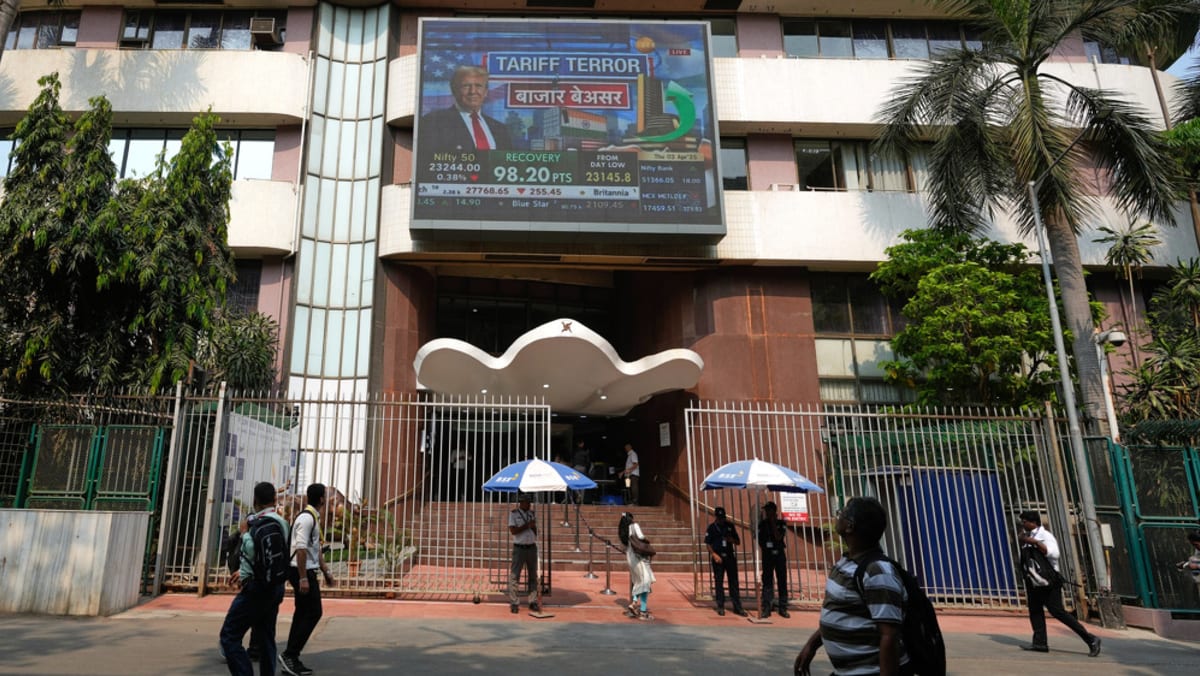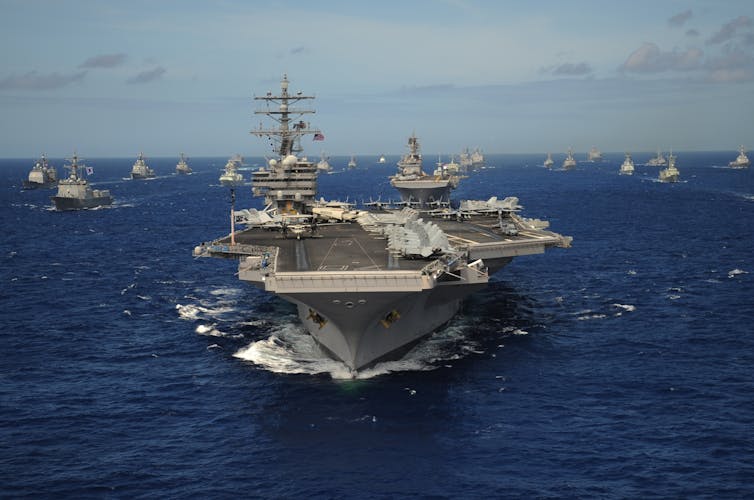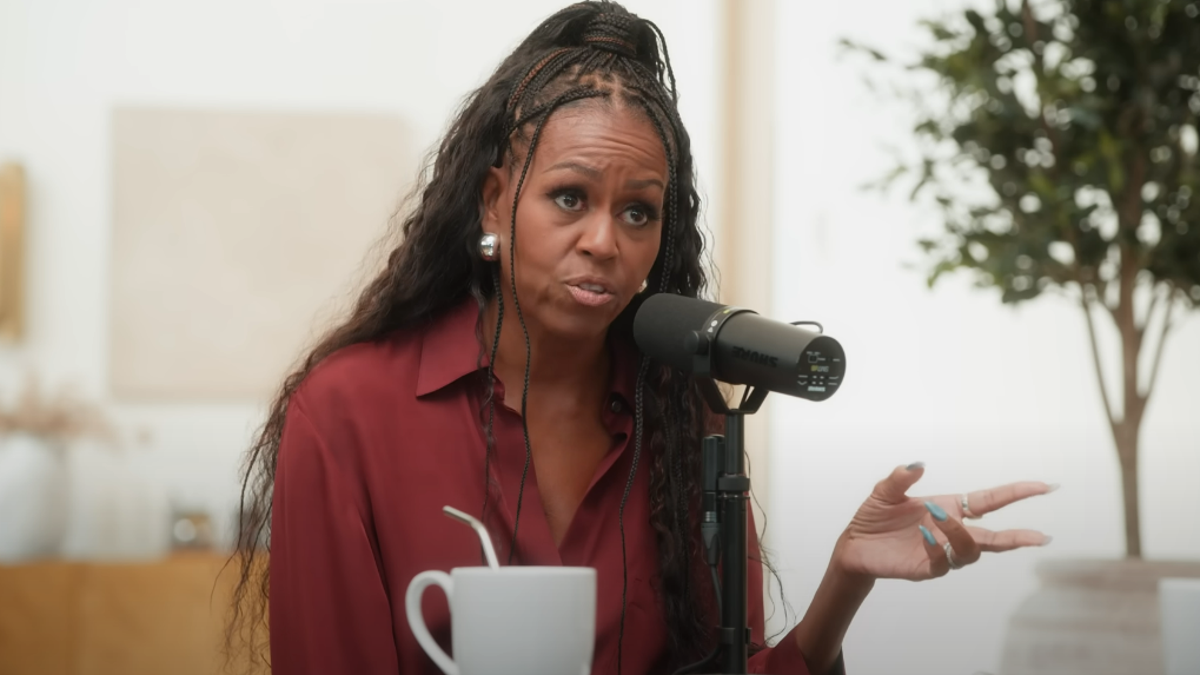Keir Starmer Unveils Pledge To Boost National Security Spending During ‘Era Of Radical Uncertainty’

Keir Starmer will announce a historic boost in national security spending at Tuesday’s Nato summit during this “era of radical uncertainty”.
While gathering with his allies in The Hague this week, the prime minister will promise to spend 5% of gross domestic product (GDP) on national security by 2035.
His pledge comes days after the US joined Israel in bombing Iran and as Vladimir Putin continues his brutal land grab in Ukraine.
US president Donald Trump has been pressuring Europe to take more responsibility for its defence, too.
According to the government, this new target means the UK will meet Nato’s demands for member states’ defence spending.
Starmer announced in February that the government was boosting defence spending from 2.3% to 2.5% by 2027, with an ambition to increase that to 3% by 2035.
However, that is now being increased to 3.5%, with an additional 1.5% of “national resilience and homeland security”, which includes protecting the UK’s energy infrastructure and tackling people smuggling gangs.
Starmer said: “We must navigate this era of radical uncertainty with agility, speed and a clear-eyed sense of the national interest to deliver security for working people and keep them safe.
“That’s why I have made the commitment to spend 5% of GDP on national security. This is an opportunity to deepen our commitment to Nato and drive greater investment in the nation’s wider security and resilience. After all, economic security is national security.”
The announcement comes as the government reveals its National Security Strategy, announcing that the UK must improve its work in science, education, trade and frontier technology to keep up with competitors.
It is meant to help the UK bring together all of its plans in a world of increasing “grey zone” threats from other nations.
The UK’s Industrial Strategy, revealed on Monday, also announced an investment of £86 billion in research and development in technology to boost the economy and the military.
While other Nato allies are expected to join the UK in hiking their defence spending, there has been some pushback from countries like Spain and Italy, who are refusing to put more money into the sector.
This could end up being a source of tension at this week’s summit, as Trump attends his first Nato conference since 2019.




